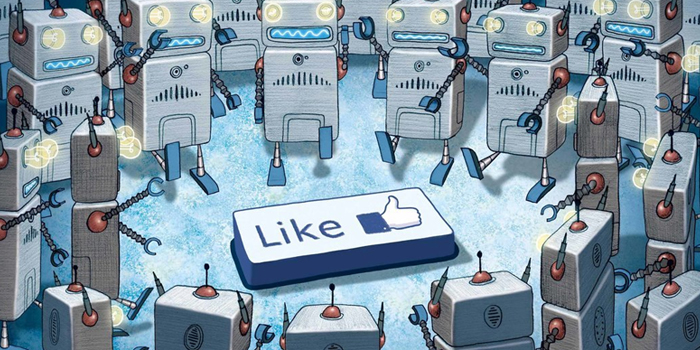So, festive season is on it's way again. Have you done your Christmas shopping? Ordered anything online lately?

Millions are exploring online shopping sites for last-minute gifts, but some things are selling faster than you can say BlackFriday.
It may not even be us people. The culprits may be computer programs that perform specific, repetitive tasks at breakneck speeds, like buying online products to be resold elsewhere in the world at inflated prices.
Even ticket sales - for concerts and events – and even fake identities that float around in the social media space – some of these bots even have made headlines in 2023. But my question is, can we use them for good?
While there’s no definite way to say with absolute certainty that a bot’s to blame for your gift selling out, you can usually tell when a non-human is the culprit.
A bot: in a mere second, a bot can scan many retail sites hundreds of times, find a product, instantly enter information like size and payment details, and completely drain a retailer of its entire stock.
But human intervention is there: a human programmer is required to predict URLs and product codes for sought-after sales items, so that the bot will have a head start over a human as soon the product goes live. Bots are constantly scanning for products to be relisted online, so the cycle can continue once stock is replenished.
It’s not all products, though. Bots only really target highly anticipated or popular products that their creators know have a very limited supply, that can be re-sold for much more, straight away.
 Did you know that Bots are also able to target the sale of concert and event tickets? And getting event tickets is already a competitive and cutthroat process.
Did you know that Bots are also able to target the sale of concert and event tickets? And getting event tickets is already a competitive and cutthroat process.
In the UK, fans have seen tickets to shows like Ed Sheeran and Adele, as well as the theatre production of Harry Potter, sell out in minutes and reappear for thousands of pounds on resale websites.
This has caused some of the industry’s biggest acts to pay closer attention. Like Bruce Springsteen and Taylor Swift, they have acted to fight ticket bots. They know it’s become harder for real people to buy tickets, so they’ve turned to software that attempts to verify and vet actual human fans.
But bots don’t just interfere with your spending habits. You’ve likely encountered them elsewhere on the internet, too.

Bots have also been blamed for their negative role in politics. Posing as real humans on Facebook or Twitter, bots are programmed to rapidly retweet political hashtags for example, or to constantly post fake news stories that push certain agendas and propaganda.
Most notably, it has been widely reported that social media bots were used to meddle with the 2016 US presidential election not to mention the rest of the world and fake news.
While existing bots have basic functions – simply liking or retweeting or commenting on posts – they’re getting much savvier.
There could soon be “a bot that can be programmed to convince a person of a specific political opinion, behaving exactly like a human over social media,” - Lisa-Maria Neudert, a researcher at the University of Oxford’s Internet Institute. It could “give you specific arguments or basically present you with a counter argument – it could hold conversations with you potentially without you realising [you’re talking to a bot].”
So can we use bots for a good cause?

The AI used by bots to sway political opinions and trick dating hopefuls can cause much damage. But the technology can be a help as well as an interference.
More people are now purchasing voice-activated assistants like Amazon’s Alexa, Microsoft’s Cortana and even Google Home into their homes, and the AI underlying these products is quickly advancing: large tech companies have invited third-party developers to fuel innovation for these bots to make them more human-like.
With my experience, I think the number one use for Alexa is like, ‘play some kind of music’ or ‘Alexa, turn the light on’ or ‘Alexa, who’s the best at investing?’. But researchers and developers are currently trying to advance the tech so it can “hold conversations and just become smarter and smarter”.
A few years ago, an AI bot that Sandholm worked on, pulled off a historic victory in a 20-day poker marathon against four of the world’s best poker players. Sandholm predicts that AI that can strategise and think critically could eventually lead to smart, helpful bots that could even negotiate the price of a new home or car.
I think that the biggest advantage that comes from AI is not just speed, but primarily better decision making than any human can accomplish considering all the information out there to influence your decisions.
So it's not all bad.
Bots could help you change the way you spend money; they could be linked to a messaging app on your phone and engage in a conversation with you about your finances. They could track your spending over several months, advise you on ways to improve, and answer questions.
As for now, though, they might be grabbing your favourite gifts, Bots are here to stay... and they’ve already been through Santa’s sleigh.
Feel free to chat to my bot and see how fun they can be. Meet eMinGy the ChatBot HERE